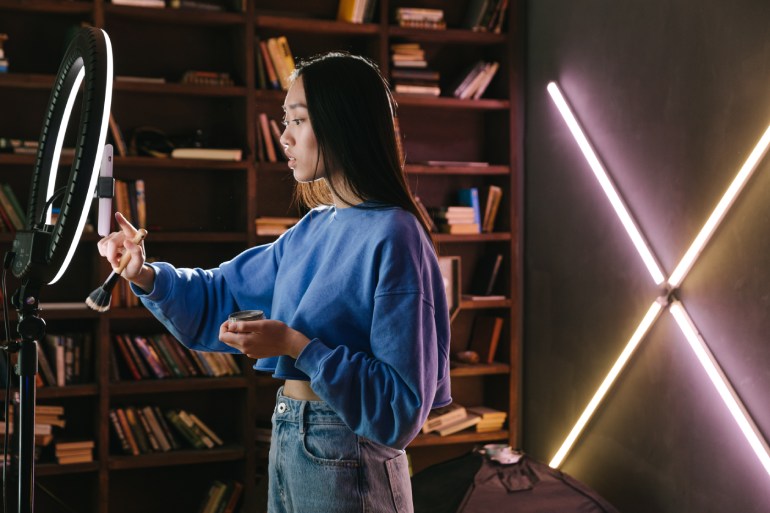 Building a brand is hard work and costs money, making parasite strategies like brand hijacking even more annoying. It is simply shameful to steal the attention, followers, or potential customers without much investment at the expense of brands, I think, which is why I want to look into forms of brand hijacking and provide some ideas on how to protect yourself from it happening.
Building a brand is hard work and costs money, making parasite strategies like brand hijacking even more annoying. It is simply shameful to steal the attention, followers, or potential customers without much investment at the expense of brands, I think, which is why I want to look into forms of brand hijacking and provide some ideas on how to protect yourself from it happening.
The tasks in influencer marketing have so far been clearly defined: influencers provide a brand with their reach and trust in their target group for a fee. However, influencer marketing polarizes like hardly any other marketing discipline. When talking about influencers, campaigns and/or their commissioning companies, the mood regularly ranges from cheering to complete disaster.
If you try to create a scenario for the future of this still young marketing discipline, the first step is to define the perspective, by asking yourself if you look at the topic from the company's point of view or from the perspective of an influencer. If you ignore the purely idealistic motives of some influencers, it is clear:
- Influencers want to gain notoriety that they can monetize.
- Companies and brands want to use the influencers’ reach to sell more or gain popularity.
The dilemma is, however, that more and more influencers start to monetize their reach through their own brand, and this trend seems to intensify in the future. In other words, influencers would then no longer be advertising partners but competitors.
What is the value of a brand?
The development of this scenario is essentially characterized by the following steps: (1) Influencers and companies are advertising partners for individual products; (2) Influencers break away from existing brand(s) and create their own brand with the aim of embodying product and brand at the same time, meaning the manufacturing company behind it becomes invisible.
However, it is a completely different effort to post about products than to create your own brand with all the processes that are associated with it: be it manufacturing, logistics, sales, etc. In this case the manufacturers are degraded to suppliers. But creating and marketing a brand is laborious and needs deep business management experience and know-how.
We can unravel the network of relationships by using the example of shampoo: a branded shampoo costs twice the price at the drugstore than the same shampoo under the house brand at the discounter. A brand therefore represents a value that the company would like to use for itself. Every shampoo that an influencer sells, the company no longer sells itself and that can't be right for the company.
In the long term, established top influencers will most probably recognize the potential in marketing their own brands, because once a brand is established, it will constantly bring in money. Posting, on the other hand, is project business, meaning most of the time the influencers are hired for campaigns and when that’s done the project is over.
Be that as it may, the various forms of relationships between brands and influencers show that the learning curve is far from over, but rather it has just begun with endless discussions on competencies and responsibilities to follow. At the end of the day, however, the company bears a lot of responsibility which is what the influencer's followers often don't realize. Because generally the bearer of the message takes the beating.
Communication field at eye level
Professionalization is the logical consequence, and this includes not only the influencer, but agencies and advertisers. Mistakes will certainly continue to be made and are important to remain disruptive and innovative. In fact, that’s where the industry can learn a lot from influencers in the future, both positively and negatively, since they are the pioneers and show us what works and what doesn’t in the social community.
Content will become the decisive factor for all stakeholders, from influencers to brand decision-makers: who produces the best, most frequently and most targeted relevant content, and who is ready to engage with the communities/customers, will succeed.
The relationship between brand, agency and influencer is getting closer and more transparent since everyone sits at the same table and learns from one another. Such a mutual learning process will continue for a few years and will certainly produce a few more business models.
By Daniela La Marca


